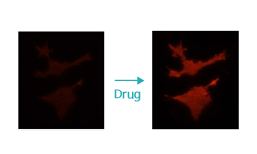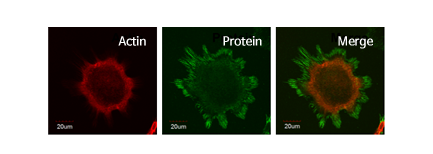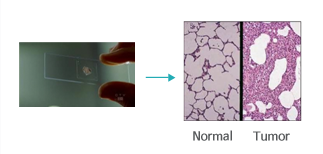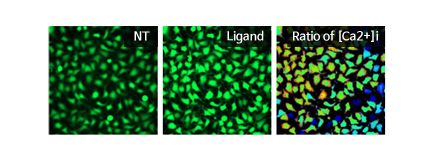-
 UNIST-OPTICAL BIOMED IMAGING CENTER (UOBC) attracts a diverse group of scientists who embrace the fields of biology, engineering, chemistry, and medical science. We promote a highly interdisciplinary environment that is enhanced by scientific collaborations from the UNIST community and other research groups in Korea. In each of the UOBC research areas there is a common theme: the use of advanced imaging tools to follow events as they take place inside an intact organism. Our technologies have allowed us to expand into the biomedical realm and our knowledge and expertise is actively bridging the gap between basic science research and science-based medicine. We intend to pursue collaborative research in the application of the latest technologies in BT and NT, as well as provide state-of-the-art technologies in life science. We are now fully open for any kind of research and if you have any questions about the facility or if would like to use any of our microscopes or other equipment, please contact us.
UNIST-OPTICAL BIOMED IMAGING CENTER (UOBC) attracts a diverse group of scientists who embrace the fields of biology, engineering, chemistry, and medical science. We promote a highly interdisciplinary environment that is enhanced by scientific collaborations from the UNIST community and other research groups in Korea. In each of the UOBC research areas there is a common theme: the use of advanced imaging tools to follow events as they take place inside an intact organism. Our technologies have allowed us to expand into the biomedical realm and our knowledge and expertise is actively bridging the gap between basic science research and science-based medicine. We intend to pursue collaborative research in the application of the latest technologies in BT and NT, as well as provide state-of-the-art technologies in life science. We are now fully open for any kind of research and if you have any questions about the facility or if would like to use any of our microscopes or other equipment, please contact us. -


Introducing new technology
- Introducing new technology for biomedical microscopy
- Activation of research through high-level assistance

Supporting Highly Qualified Research Service
- Leading cutting-edge analysis technique and developing new analysis method
- Fostering professional analysis experts

Education & Management
- Offering training programs for self-users
- Supporting for technical problem
-
- 1. Live cell imaging: FRET, Photoactivation, Photobleaching
- 2. Cell surface dynamics: Exocytosis, Endocytosis, Membrane translocation
- 3. Digital slide scanning: Immunohistochemistry slide analysis
- 4. Macro view imaging: Angiogenesis, Oncology
- 5. Super resolution: Vesicles, protein-cluster, cytoskeleton
- 6. Real-time cell analysis: Cell migration, proliferation and apoptosis
- 7. Deep Tissue Imaging
- 8. Laser Capture Microdissection
-
 Analyzing the efficacy of drugs
Analyzing the efficacy of drugs Analyzing the function of metastatic proteins
Analyzing the function of metastatic proteins -
 Analyzing the tumor tissues
Analyzing the tumor tissues Measurement of Ca concentration as intracellular major factor
Measurement of Ca concentration as intracellular major factor -
 Analyzing the activity of functional protein in cancer cells
Analyzing the activity of functional protein in cancer cells